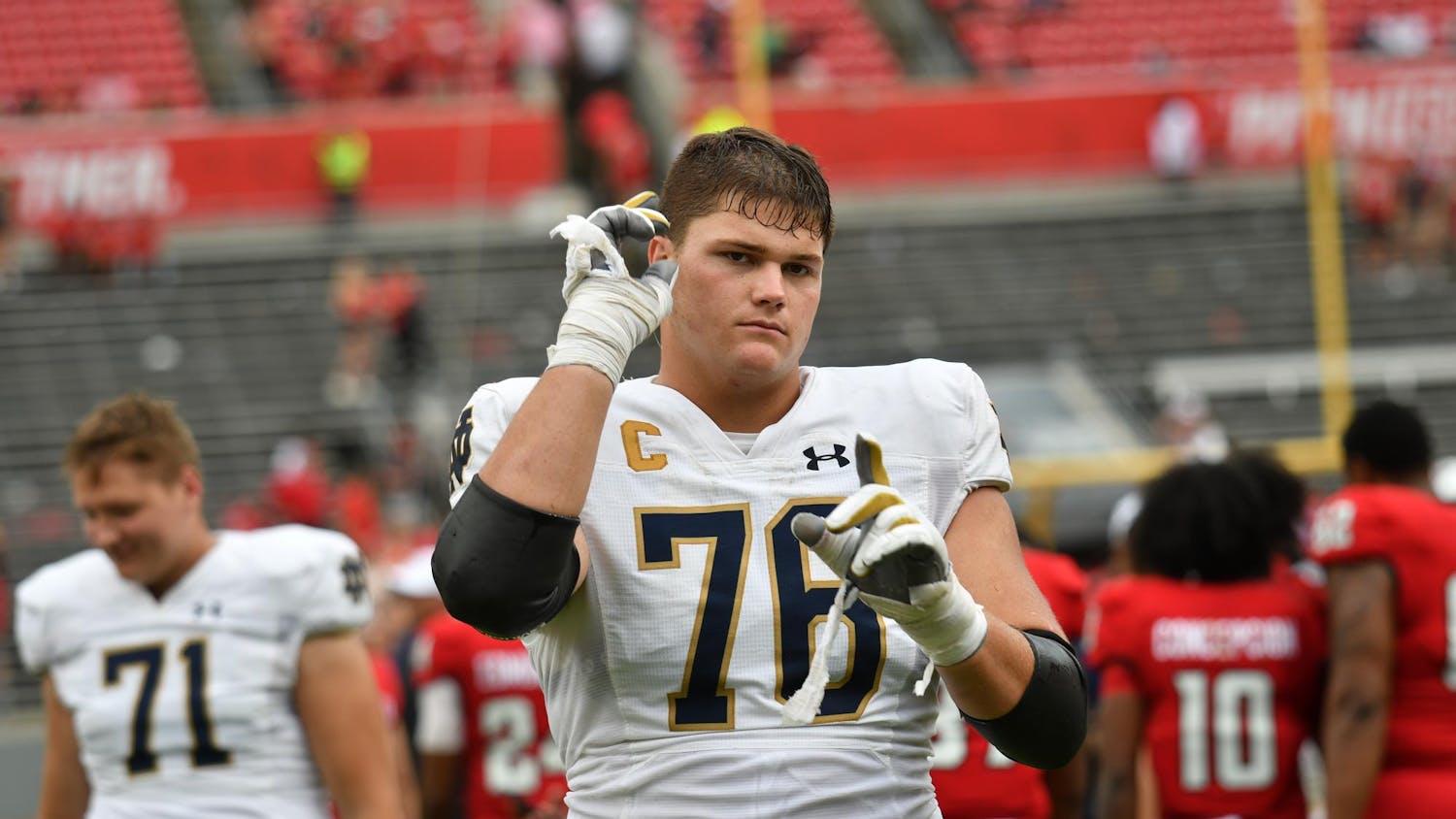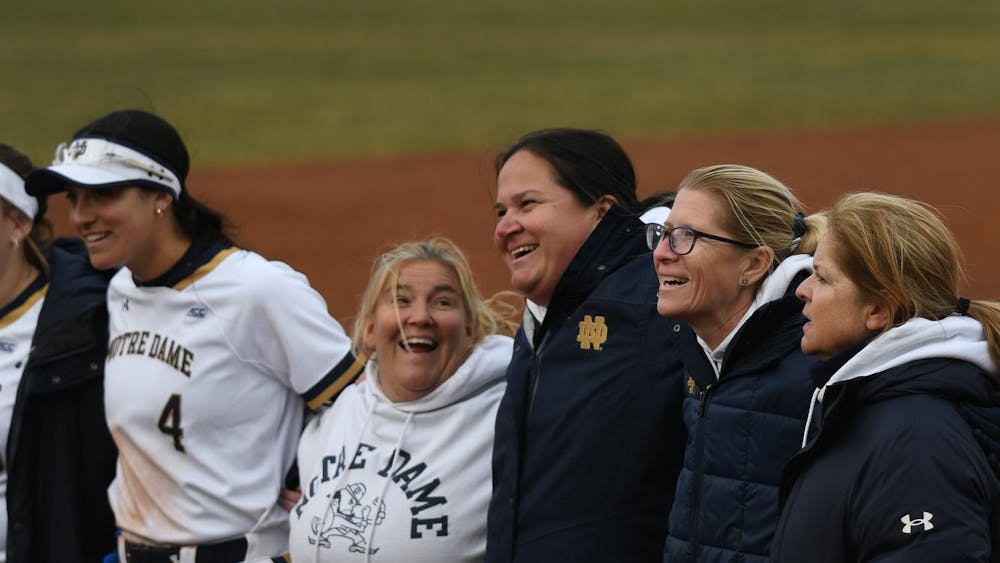Last week, my compatriot in the Sports Authority column, Alex Carson, wrote an impassioned piece about why IndyCar was so much better than NASCAR. While I could spend an entire column explaining why he is wrong, I’ll instead admit one area where, although Alex did not specifically touch on it, IndyCar does have NASCAR beat, as well as most of the other professional sports in North America:
IndyCar’s schedule has half as many races as NASCAR.
NASCAR has 36 races, IndyCar has 18. NASCAR’s schedule in 2014 began with the Daytona 500 on Feb. 23 and won’t reach its championship until Nov. 16. Throw in the two weeks before Daytona that drivers and teams have obligations, and there are less than three months when NASCAR is not officially active. IndyCar, by comparison, began March 30 and came to a conclusion Aug. 30. The NASCAR season drags on until it reaches the Chase, which finally revitalizes it some.
This long season phenomenon is not isolated to NASCAR, though.
Baseball is the worst offender. The Baltimore Orioles kicked off their season March 31. They clinched the AL East on Tuesday night, 151 games and 169 days after their season opener, and they still have to play another 11 games before even getting to the postseason, which may last until November.
While this is not only ridiculously taxing on players, staff and the media that have to cover them, in my opinion, it is also absolutely why baseball has been falling off the national radar for years. Fans nowadays simply do not have the attention span to pay attention to that many games, opting to only check in periodically. While baseball during its glory days of the 1940s and 50s was one of the only sources of entertainment — dominating radio, television and places to go during the time — modern fans have so many other options, especially during the most interesting and important times of the baseball season.
Think about it: baseball begins at the transition of March into April. What else is going on in the sports world? The NHL and NBA playoff pushes are just beginning — who, in their own rights, also have way too long of seasons. Who cares about the baseball games going on this early? There will only be 140 more to see.
Then the baseball playoffs begin — also the worst playoff system in sports, but perhaps that is for a different discussion — at the end of September, start of October: the beginning of the NFL regular season. There was a time when baseball could have contended with NFL storylines, but it is no more. The last few weeks of headlines have been dominated (perhaps rightly) by Ray Rice, Adrian Peterson and the NFL’s drug policy, even though football games really only dominate one day of the week and baseball plays every night. Yet there has been little to no national media coverage of the playoff pushes in baseball.
Why? Because having 160 games in a year makes each individual game seem meaningless. Why pay attention to one game when you can see what is going on every 12 or so and understand your team’s position just as well? This is especially true of what used to be baseball’s time: the summer months of June, July and even August, when baseball is literally the only big sport going. Now watching those games towards the end of August (when the NFL is getting into gear, mind you) almost feels pointless. There is a general apathy developing among the public to baseball.
For example, the “SVP and Russillo” talk show asked its listeners in February what topic they wanted the hosts to talk less about. The response? Baseball. The number of times baseball was a subject of conversation during February? Zero.
Yes, sports fans wanted “SVP and Russillo” to talk less about a sport they never talked about.
Sorry baseball, but you must do something to change that.
Start by giving each game more meaning: cut the schedule down to 100 games. Maybe even less. Basically start the season in May, (June if the NBA and NHL finals prove too much of competition) and have the playoffs in September. Make it a true summer sport. This still leaves plenty of room for a 100 game schedule with plenty of days off for rest, travel and an All-Star break. It gives each individual game more meaning, albeit still not much; at least it’s trending in the right direction.
I know this won’t sit well with baseball purists, but I’m sorry, you represent only a fraction of what baseball used to have, and you don’t sell out most stadiums for 82 games a year.
I suppose I do owe baseball an apology for singling them out, though. I could say many of the same things about the NBA season and even my beloved NHL season, but those will remain discussions for another day.













